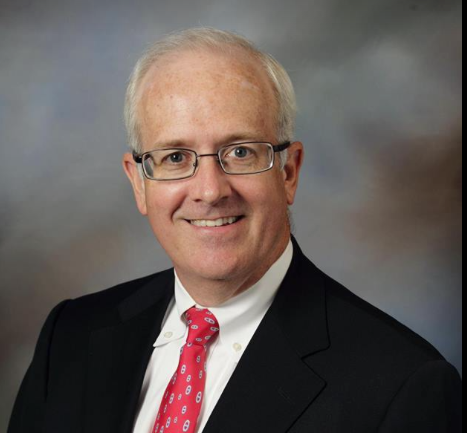What are we to make of the mayoral candidacy of Rev. Robert Dean?
One one hand, it represents the most peculiar of alliances, between old school African American politics, the more sharply radicalized left of Jose Flores, and fiscal austerity package — Tea Party in all but name — of Rina Baker and our raft of comptrollers. What each has in common is a sense of distance, even alienation from the present downtown initiatives. As a potential vehicle for outside grievances, the Dean candidacy could be useful. After all, with all the building downtown, the city’s population still struggles, particularly in the African American community. And one might ask if the downtown emphasis also helps the Hispanic communities. Are they prospering? Or only providing the low-wage service support to keep the new buildings gleaming?
And as irascible as Baker and her compatriot Betty Burke are, they function as an outside populist counter to the young and downtown crowd.
But…
Instead of raising the issues of neighborhoods, the campaign has instead chosen to focus on the subject of debt. In the literature from Dean, it is a billion dollar cliff. But as the reactions in Wednesday’s debate reveal, it is a most peculiar cliff. If it is as dire as made out, then one must focus on cutting it — this is the basic argument. How odd, then, when asked about current surpluses, the response?
“Why not return (the voter-approved rate increase) back to the voters?”
Well that’s an answer, but it just doesn’t match with the threat. Giving back revenue only increases the obligation, scarcely the thing one wants to do. And in this response, Dean basically gives away the game.
No, there is not cliff. The earlier respect for the City’s budget by Comptroller Sara VanderWerf is correct.
Picking up Fleas.
Sadly, Rev. Dean appears to have picked up some of the worst habits of the fiscal hawks. He touts a billion dollar debt, but a debt only if one lumps all types of debt together, including that that is covered by other revenue streams. While such an approach has a kitchen table, monetarist appeal, it mistakes the problem of debt, viz. that of cash flow. The question with any obligation is one’s ability to meet the demands.
However the question of debt is not simply that of what Grand Rapids is doing, it is part of the fiscal hawk narrative generally: the city’s debt is a stand in for the perceived national debt.
Here, Dean’s advocacy of this narrative does a genuine disservice to those who have backed him. The implicit solution from the fiscal hawks is not more taxes, but more cuts. Assume that the problem is as dire as Dean says, the actual City response would then be more cuts to personnel and programs. It’s fewer police and closed parks. Lying down with the fiscal hawks, these are the fleas one eventually picks up.
Or the Reverend may want to remember Scripture: Bad company ruins good morals (1 Cor 15:33).
Filed under: Politics, African-American, Betty Burke, Politics, Rina Baker, Robert Dean, Sara Vanderwerff



